Publications
Articles, publications, books, tools and multimedia features from the U.S. Institute of Peace provide the latest news, analysis, research findings, practitioner guides and reports, all related to the conflict zones and issues that are at the center of the Institute’s work to prevent and reduce violent conflict.
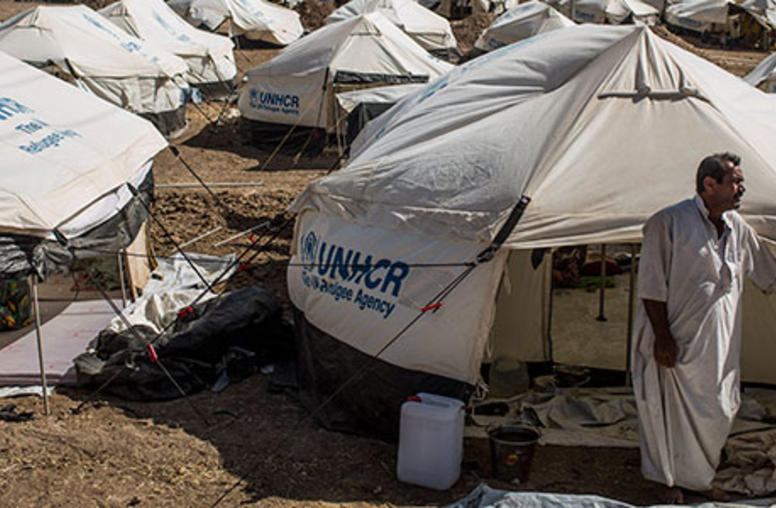
Q&A: Iraq’s Spreading Turmoil
With fighting in Iraq spreading since the shocking onslaught of a militant group once aligned with al-Qaida, the country's Parliament convened this week to start forming a new government based on the April elections, only to adjourn again within hours. Sarhang Hamasaeed, a senior program officer at the U.S. Institute of Peace, explains the latest developments, the forces tearing at the country's fabric and the effects on the broader region.
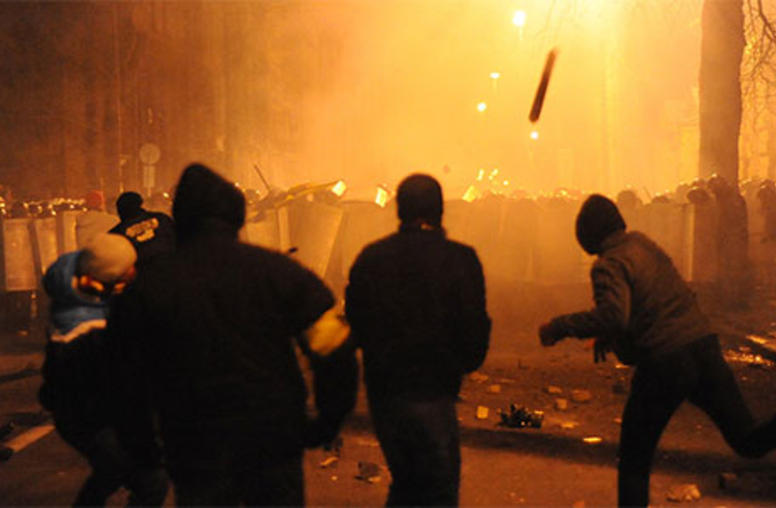
Corruption: Sleeper Threat to International Security
In non-violent uprisings and more full scale revolutions ranging from the Arab spring to the overthrow of the President in Ukraine, one common underlying propellant was rebellion against government corruption. The same fuel has fed continuing turmoil in post-revolutionary Libya and undercut Nigeria's fight against Boko Haram. Yet the role of acute corruption in fomenting protests and violence is underappreciated and makes Western efforts to combat it insufficient.
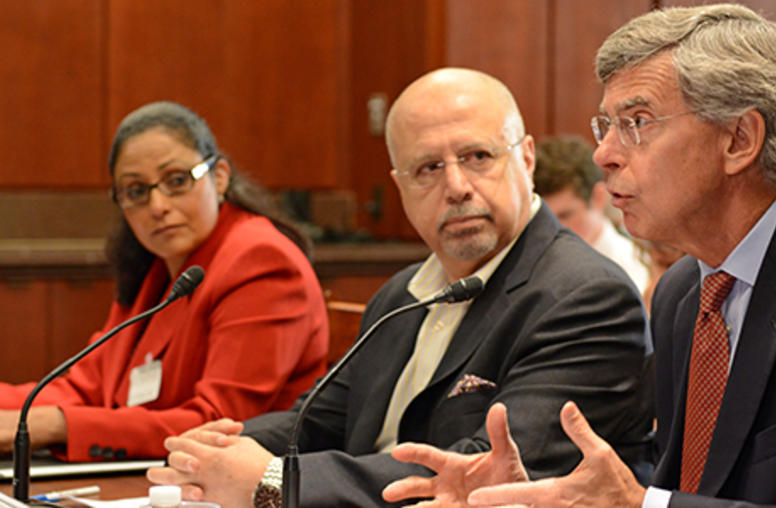
Egypt, Tunisia’s Opposite Paths Require Divergent Response, USIP’s Taylor Says
Egypt and Tunisia represent opposite ends of the spectrum in the evolution of their politics since the Arab Spring, U.S. Institute of Peace Vice President and former Ambassador Bill Taylor told a government panel this week. “Tunisia has demonstrated remarkable maturity and commitment to the ideal of political inclusiveness,” Taylor said. “Egypt has not.”
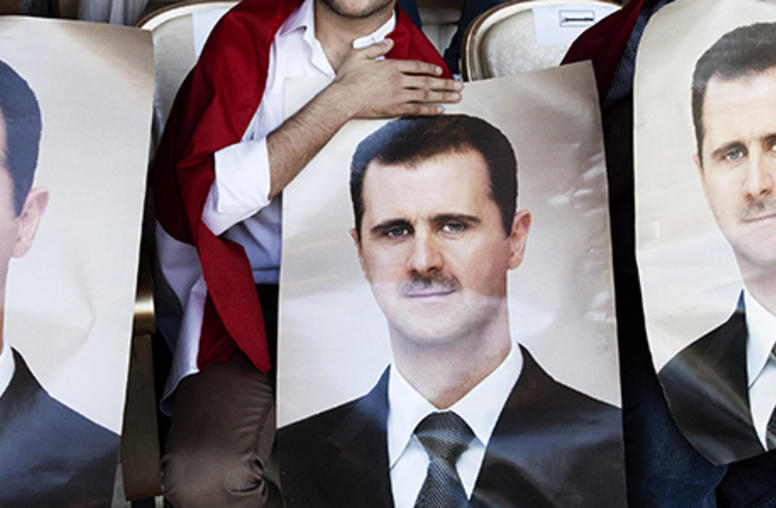
Assad's Hollow Mandate
On June 3, in a parody of democracy, Bashar al-Assad will be reelected as president of Syria for his third seven-year term. If he serves out this term, Assad will be eligible to run for a fourth term in 2021 that would extend his presidency to 28 years -- two years short of his father's tenure. Syrians may yet be spared almost six decades of direct Assad family rule, but the outcome of Tuesday's vote is a foregone conclusion.
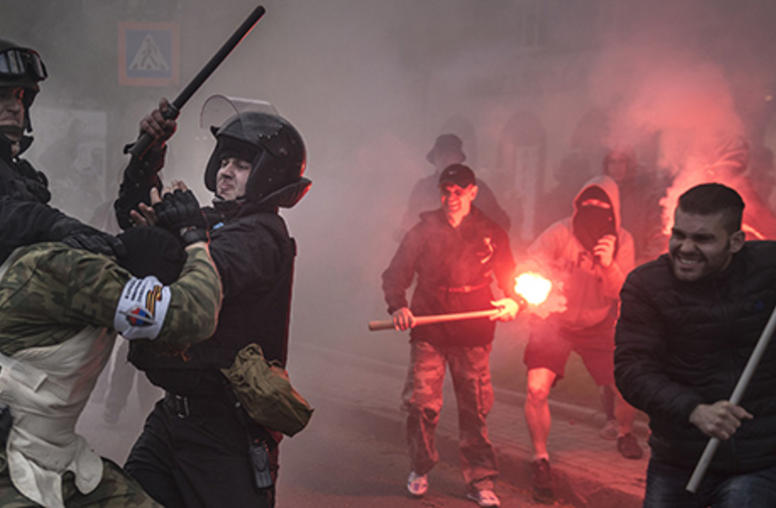
The Strategy Killer
The White House and State Department are hard at work on two major new documents that will lay the foundation for America's national security policy for the remainder of the Obama administration and possibly beyond: the National Security Strategy, rumored for release this summer, and the Quadrennial Diplomacy and Development Review (QDDR), slated for release later this year. The usual bureaucratic tussles will ensue about what should and should not be included in these documents, and the admi...
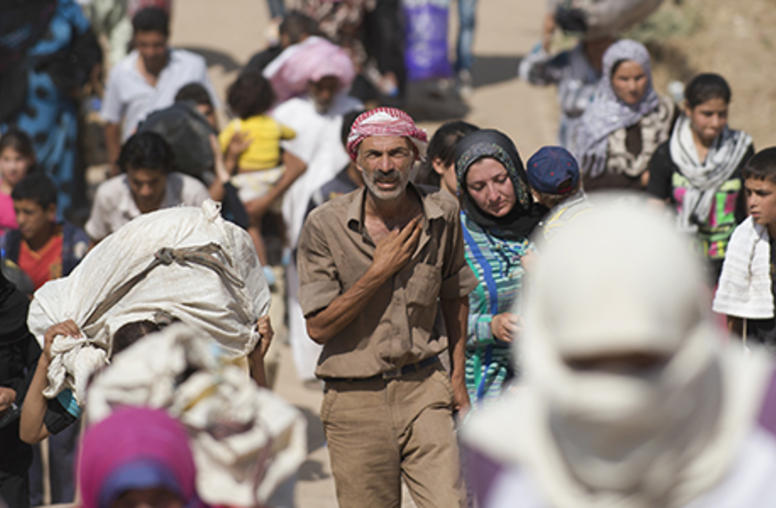
To Save Lives, or Not to Save Lives
The humanitarian crisis in Syria is incomprehensible -- and getting worse. The United Nations estimates that 9.3 million people are in need of urgent humanitarian aid. Among those, approximately 3.5 million people are in "hard to reach" or besieged areas. Exact numbers of deceased, injured, and displaced Syrians are difficult to verify, but there is relative consensus that real figures are higher than estimates reflect.
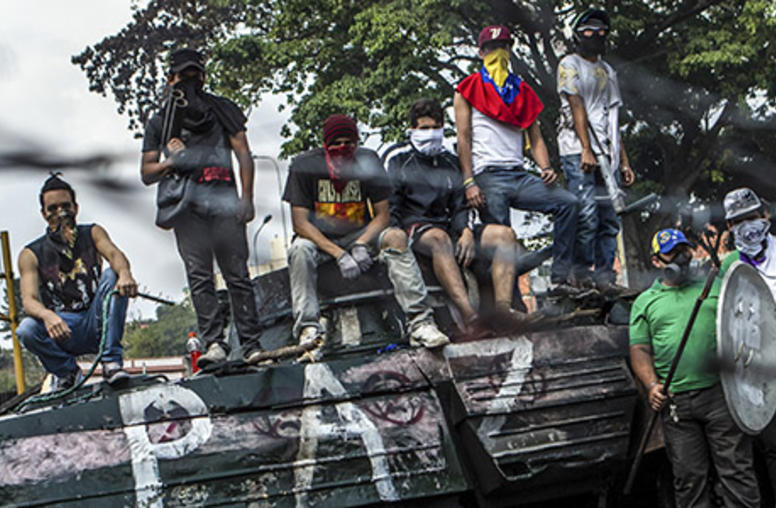
Could Colombia's Election Kill Its Peace Process?
Colombia's presidential campaign is in its final days before run-off elections on Sunday, June 15, and as the contest winds down, it has become clear that the fate of the two peace processes that have been spearheaded by President Juan Manuel Santos hang in the balance. An election marked in an earlier phase by dirty politicking and mudslinging -- with mutual accusations over narco-financing and wiretapping (complete with authenticated audiovisuals of efforts by challenger Oscar Iván Zuluaga'...
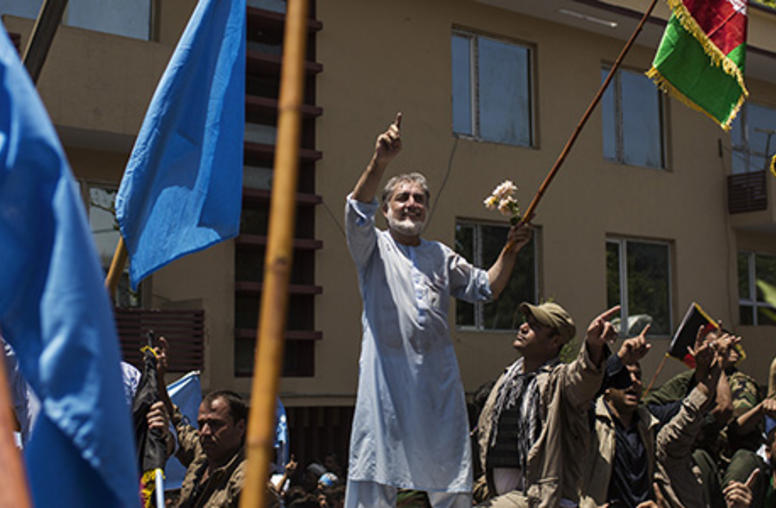
Afghans Still Enthusiastic About Vote
After the first round of voting in the presidential race in Afghanistan, where over 7 million Afghans went to the polls on April 5, 2014, a handful of political pundits and interest groups urged the two leading candidates, Dr. Abdullah Abdullah and Dr. Ashraf Ghani Ahmadzai, to make a deal to avoid a second round scheduled for June 14. President Karzai played an active role in brokering between the candidates and the political elite. A range of arguments were put forth on behalf of such a dea...
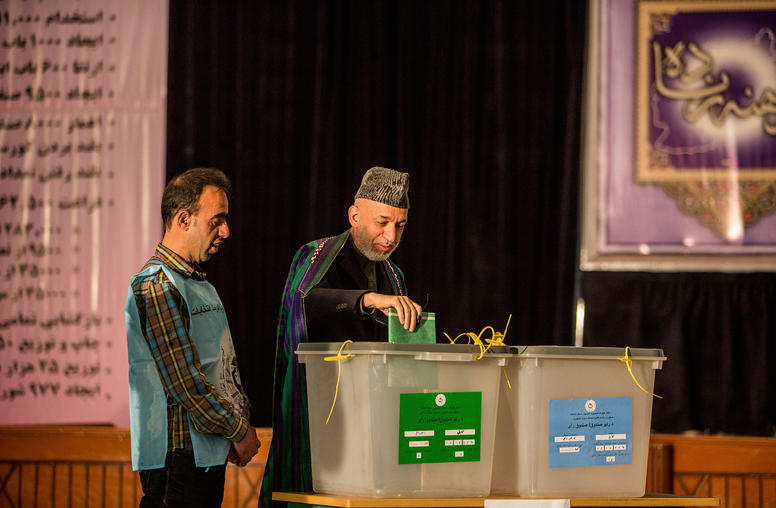
Karzai: What Will History Say?
Years of suspicion and acrimony between the U.S. and Afghanistan’s President Hamid Karzai likely will give way to a more generous reading of his tenure in the history books, according to a former United Nations official and a retired American general who led international forces there.
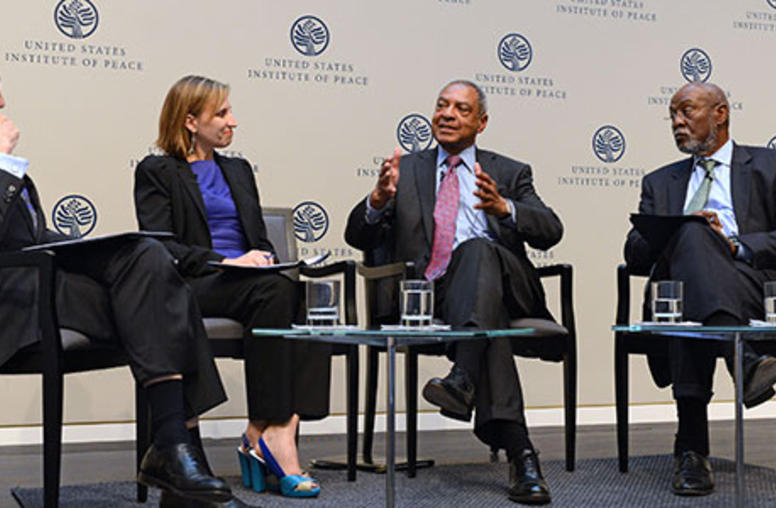
U.S. Africa Summit Leaders Face Weighty Agenda for Continent
President Barack Obama and African leaders attending the first U.S.-Africa Summit in Washington next month face an array of factors undermining the democratic development and economic growth achieved on the continent in recent decades, according to three former high-level U.S. officials on Africa who spoke at the U.S. Institute of Peace.